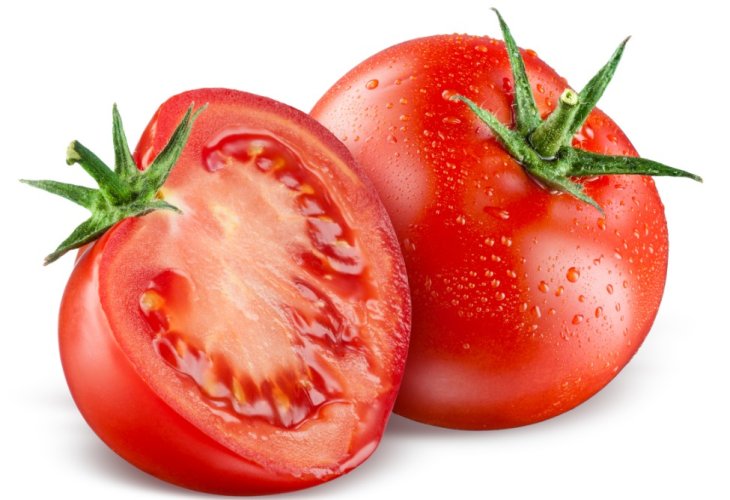Red, Delicious, and Healthy: You Won't Believe What Happens to Your Body If You Eat One a Day
After examining 2 types of tomatoes from which pizza sauces are made, researchers found that vegetable extracts successfully stopped the spread of cancer cells and caused their death.
 (Photo: shutterstock)
(Photo: shutterstock)After examining 2 types of tomatoes from which pizza sauces are made, researchers found that vegetable extracts successfully stopped the spread of cancer cells and caused their death. It is known that tomatoes contain anti-cancer substances, but the novelty in the current research is that they have the potential to prevent stomach cancer.
Researchers from Italy and the USA found that extracts from two different varieties of tomatoes: Corbarino and San Marzano, used among other things for pizza and pasta sauces, prevented the growth of stomach cancer cells and reduced their malignant characteristics. The findings were published by Prof. Antonio Giordano, director of the Molecular Research Institute at Temple University in Philadelphia, and his colleagues in the journal Cellular Physiology.
Previous studies have found that compounds found in tomatoes, such as lycopene, a carotenoid that gives the tomato its red color, can help prevent cancer. However, Prof. Giordano and colleagues point out that there are few studies that examine the anti-cancer effects of whole tomatoes.
The researchers examined the effects of extracts from San Marzano and Corbarino tomatoes on stomach cancer cells. The study findings showed that in addition to stopping the growth of stomach cancer cells, they succeeded in preventing the invasion of cancer cells from the primary tumor area towards the surrounding tissues, a process that led to cell death. In addition, researchers found that the anti-cancer effects of the extracts were not only local.
"Their anti-cancer effect is not related to specific components, such as lycopene, so it is recommended to consider the impact of whole tomatoes," explained Daniela Barone, co-author of the research from the Mercogliano Oncology Research Center in Italy.

